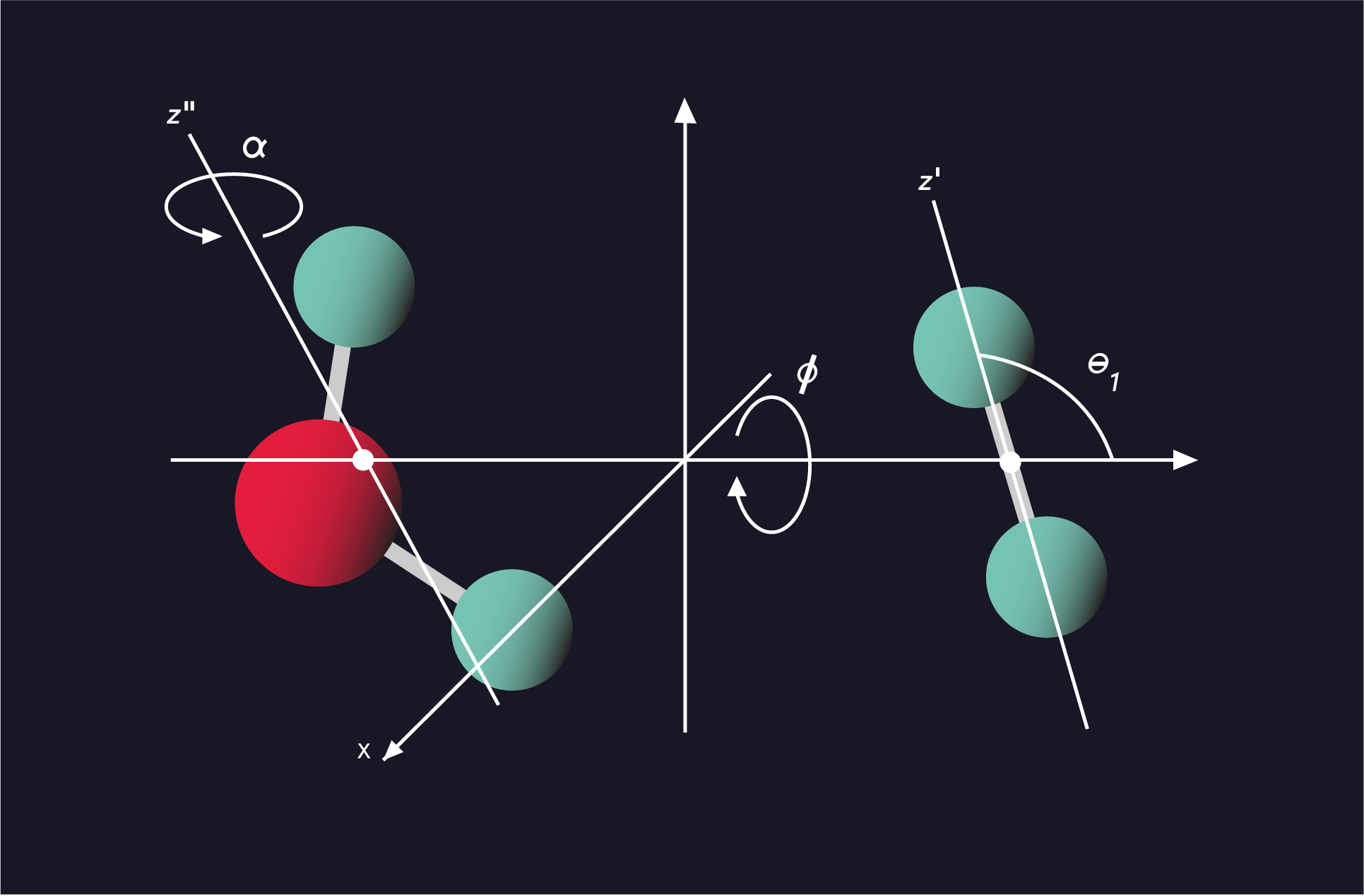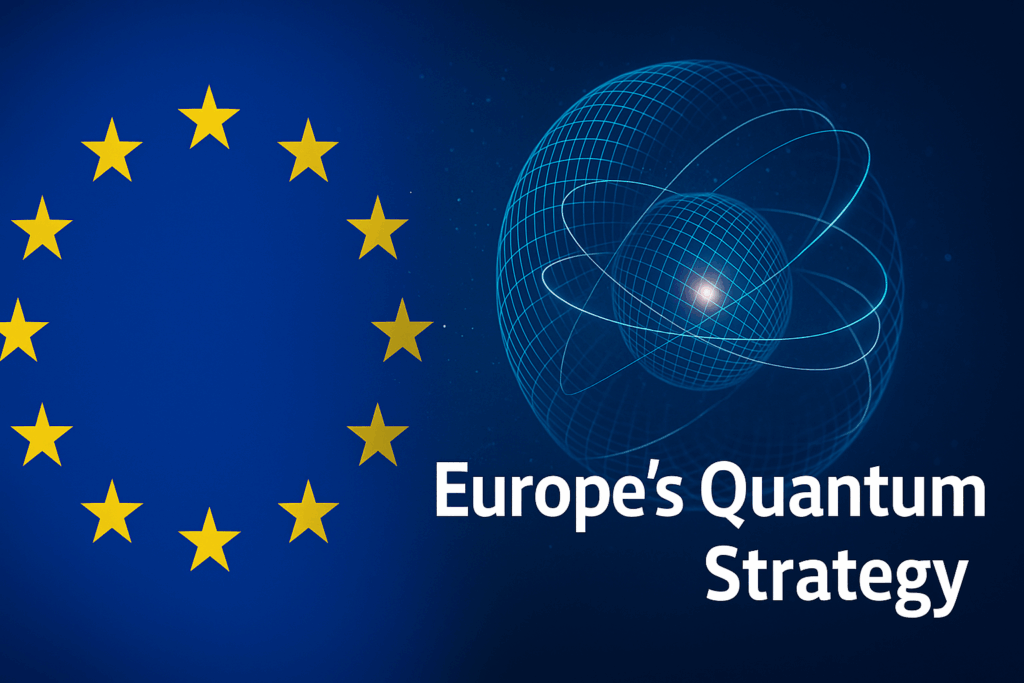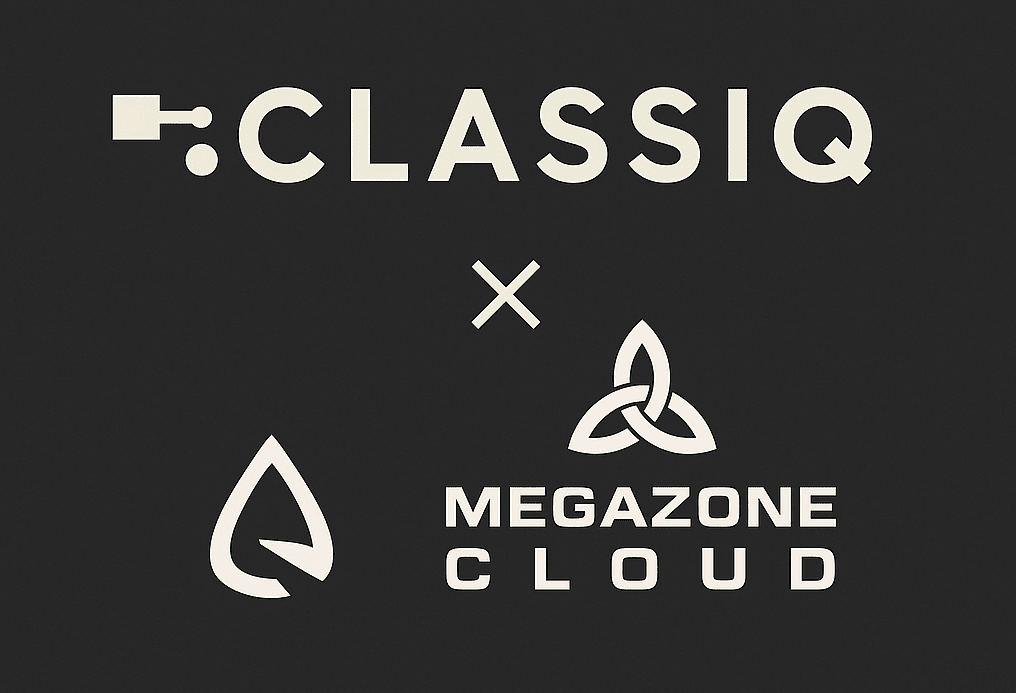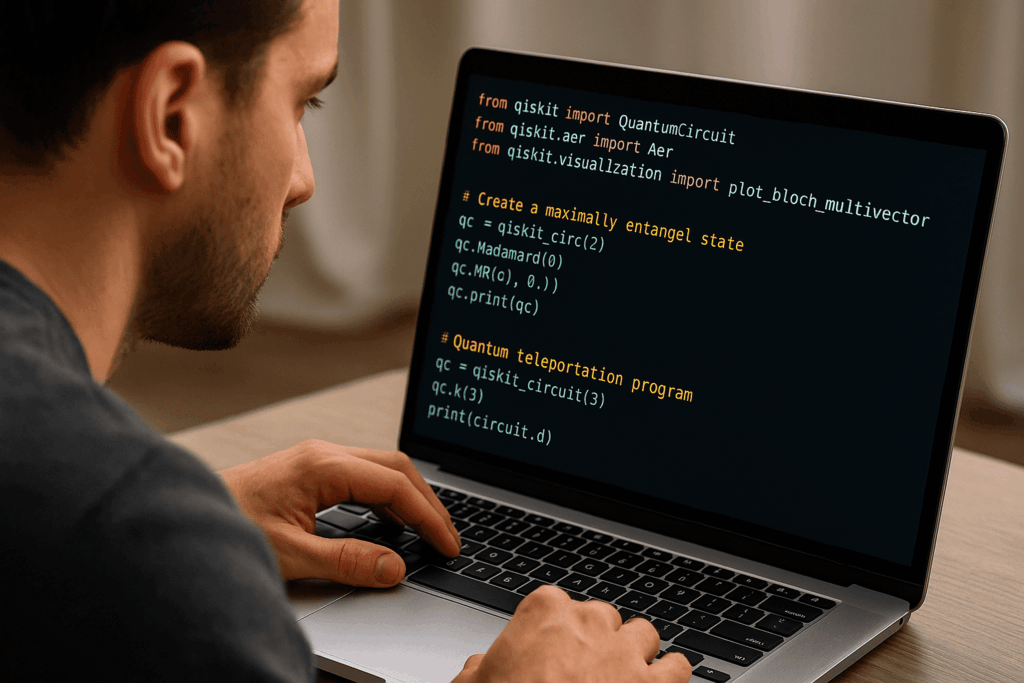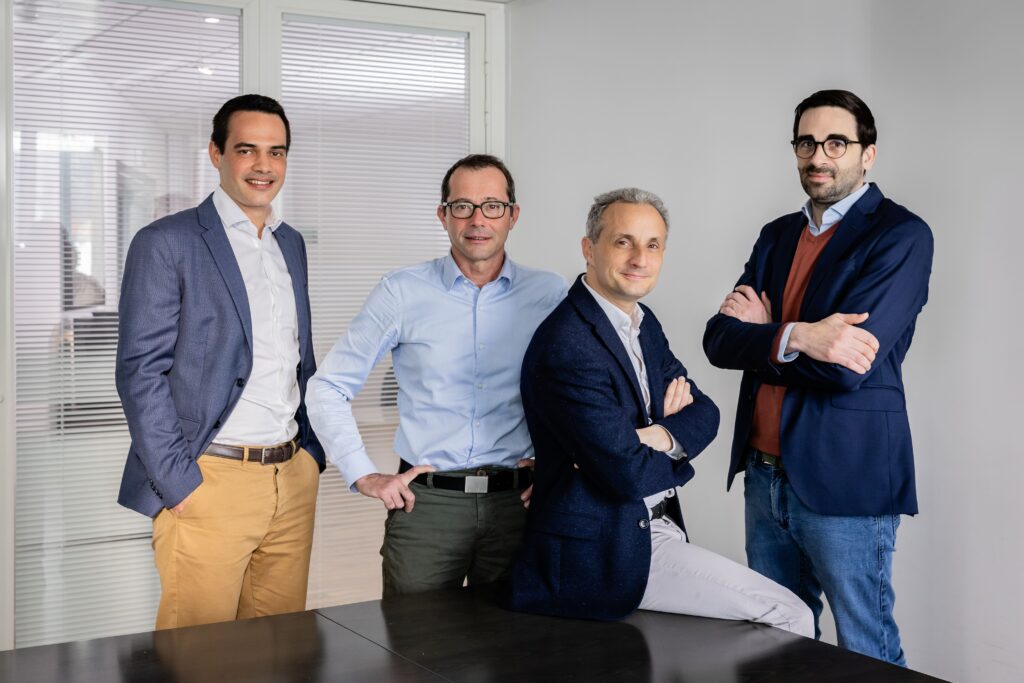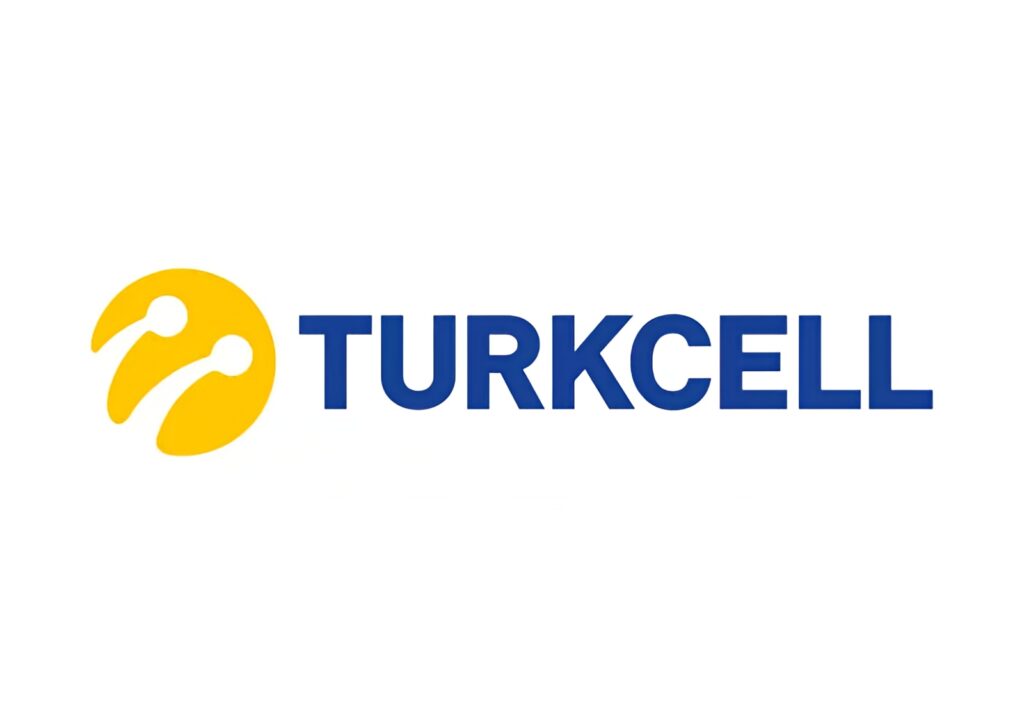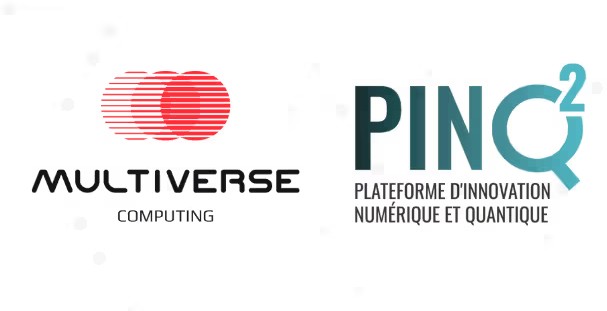Insider Brief
- The German Aerospace Center (DLR) appointed ParityQC to develop new methods of molecular simulation on quantum computers.
- The contract specifically is to develop new methods of modelling atoms and molecules with quantum computing.
- The project, called QuantiCoM Q2H, will last 3 years.
PRESS RELEASE — ParityQC has been appointed by the German Aerospace Center (DLR) to develop new methods of molecular simulation on quantum computers. The project is part of the ambitious initiative of DLR QuantiCoM, which has the goal of advancing materials science and engineering through quantum computing.
ParityQC has been awarded a contract by the German Aerospace Center (DLR) to develop new methods of modelling atoms and molecules with quantum computing. The aim of the project, called QuantiCoM Q2H, is to investigate and demonstrate how quantum computing could be used to improve current methods of chemical modelling in scientific and industrial contexts, speeding up development processes and leading to new breakthroughs. QuantiCoM Q2H will last 3 years, ending in 2026. By the end of the project, ParityQC will deliver executable quantum algorithms that will enable the use of quantum hardware for molecular simulations.
QuantiCoM Q2H is a sub-project that is part of a bigger initiative of DLR, QuantiCoM (Quantum Computing for Materials Science and Engineering). With QuantiCoM, DLR aims to develop advanced methods of simulation in materials science and materials engineering using quantum computing. Quantum computing is expected to enable drastically more rapid developments in this field, leading to new breakthroughs and inventions that have not been possible so far due to the limits of today’s high-performance computers. Materials science has been identified as one of the fields that could benefit the most from the implementation of quantum mechanical properties such as superposition and entanglement, and breakthroughs in this field could have an enormous resonance in various industrial sectors.

Main Activities of QuantiCoM Q2H
Starting from two of the simplest molecules found in nature, hydrogen and water, ParityQC will create novel quantum computing algorithms to perform atomistic simulations on current quantum computers. This will include novel approaches to calculate the energies of electrons in water and hydrogen molecules, as well as methods to account for the vibrations of the nuclei. Physicists from ParityQC will then benchmark the calculations made with quantum computing algorithms with those made with classical HPC (high-performance computing) algorithms, to demonstrate a possible quantum advantage. Finally, they will estimate the possible impact of the novel algorithms for the modelling of larger molecules, beyond just hydrogen and water. The methods and algorithms developed in the project could lead to more accurate simulations of chemical systems in the future.
With quantum computing, researchers could manage to simulate and understand the behaviour of molecules at a level of detail and accuracy that is currently impossible to achieve with classical computers. This could have far-reaching implications for various industrial sectors. An obvious field of application would be chemistry and drug discovery, where it could accelerate the simulation and analysis of molecular interactions for drug development, but also the energy industry, where it could facilitate the design of more efficient materials for energy storage, conversion, and transmission. An improved modelling of materials would also be an important aid for the manufacturing, construction, automotive and electronics industries. Finally, in the field of aerospace in which DLR operates, improved molecular modelling can lead to the production of lighter, stronger, and more durable materials for aircraft and spacecraft, reducing costs and increasing efficiency and performance.
If you found this article to be informative, you can explore more current quantum news here, exclusives, interviews, and podcasts.

